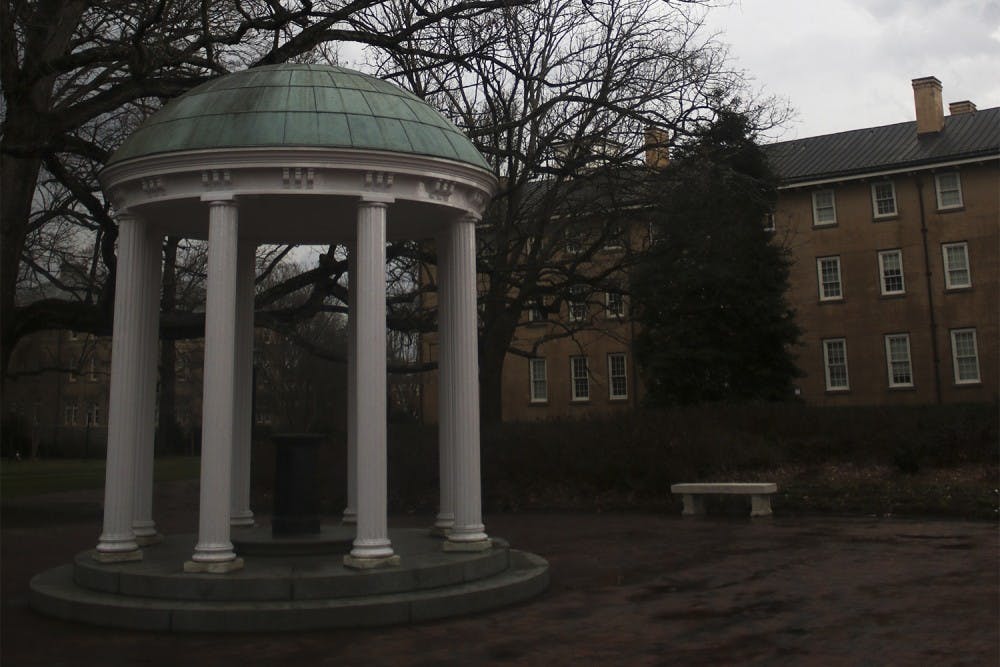Correction: An earlier version of this story incorrectly referred to the app as "ListSave." It is LiveSafe. The Daily Tar Heel apologizes for the error.
Today marks a decade since former UNC student Eve Carson was killed just a mile off of UNC's campus. Ten years later, University officials and campus organizations are still working to make the Carolina community safer.
UNC’s campus safety and police forces have made strides since Carson’s death, said Randy Young, media relations manager for UNC Campus Safety. Since the advent of social media and the technological revolution, the public safety office has utilized this platform to launch various technology-based alert and safety programs.
The Alert Carolina system was the most influential change and is most commonly used today, Young said. Other systems — like the Smart911 server that sends valuable information to responders and LiveSafe which connects the UNC community to campus police — have increased their campus reach as well.
“One of the biggest challenges is staying ahead of technology and making sure that we communicate and interact with the campus community in ways that the campus community choose to receive their information and then impart it,” Young said.
One of Campus Safety’s primary focuses is educating the community on the best practices, Young said. They seek to educate the community about a standardized approach to reacting to active shooters and have plans to coordinate an active shooter drill early this summer. They also train students to identify and prevent interpersonal violence.
In addition, campus police are required to wear body cameras — a practice that has been shown to improve interactions between police officers and civilians.
Yet students still encounter moments that lead them to question their safety.
Junior Jenny Shelton generally feels safe on campus and has rarely considered taking extra precautions to ensure her safety. One recent night, however, Shelton was walking from a bus stop back to her apartment on Martin Luther King Jr. Boulevard, a mere 10-minute walk she completes often. She noticed a white van parked on the side of the street in her path.




